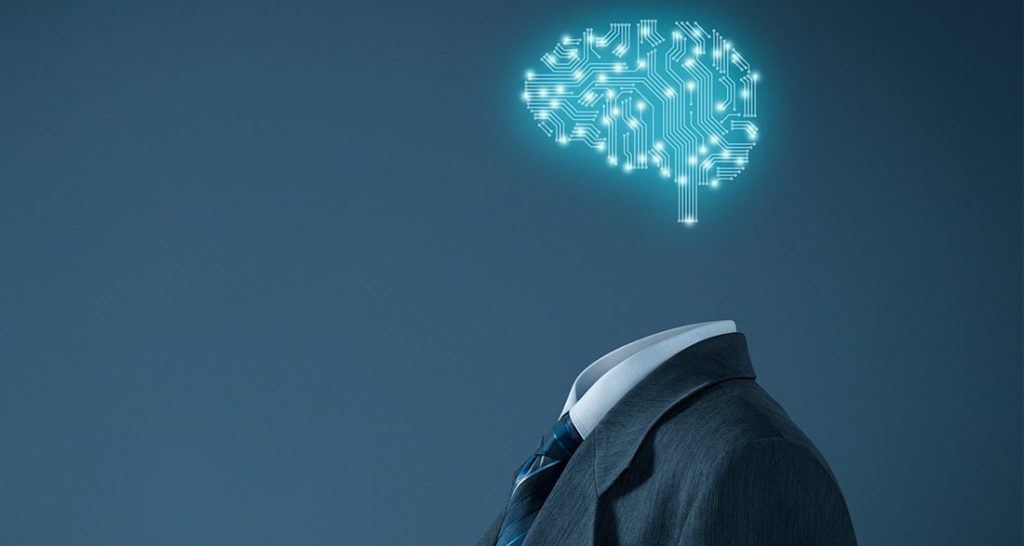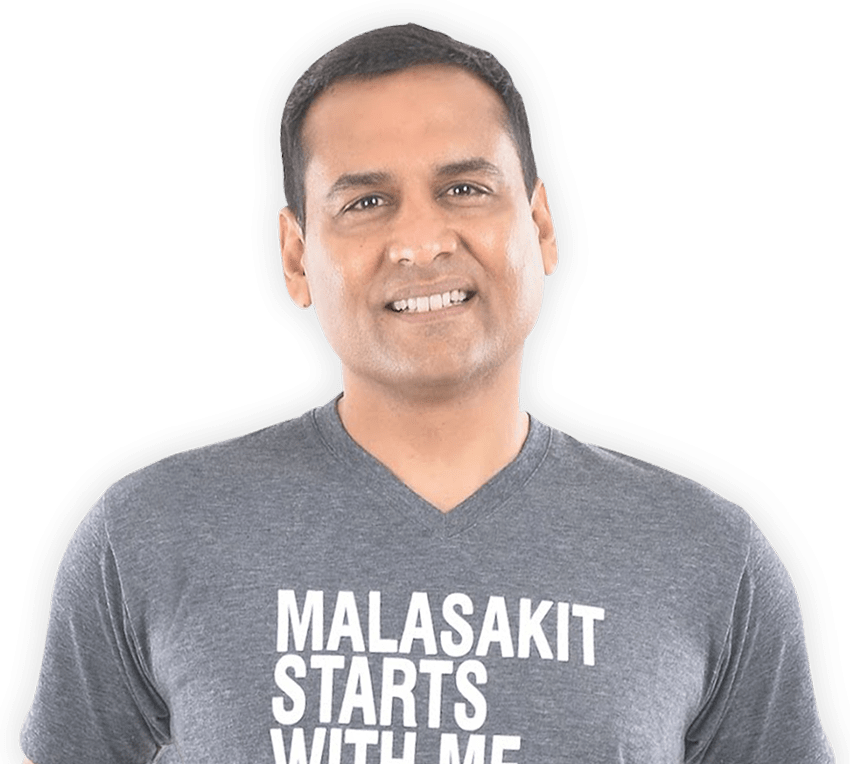(An excerpt from my upcoming book, “Futureproof Your Career and Company”)
Until recently, I served as the CEO of Inspiro, a leading BPO company with over 10,000 employees globally. For the last three years, I found myself at Ground Zero of a massive generational shift. Almost 100 percent of the people we hired during this period were Gen Z or Millennials.
Right up close and personal, I witnessed not only how radically different these young Turks are from the old guards (like myself), but also how they have the potential to disrupt the status-quo of any company.
In particular, companies must understand these three key characteristics that set them apart and adjust their strategy accordingly
1. They want to work with the latest technology
In the last decade alone, these digital generations witnessed people upgrading their smartphones every two years.
They witnessed Siri ceaselessly evolving from a mere novelty to an intuitive and intelligent virtual assistant.
They witnessed the speed for internet connectivity increase by 20-fold.
They only know one way to exist. Upgrade. Get better. Get faster. Get smarter. Repeat.
So, it’s no surprise that they are picky when it comes to choosing their employer. They are looking for an employer who will provide them with the latest technology to work with.
In a 2018 survey conducted by Dell covering 12,000 Gen Zers from age 16 – 23 from 17 different countries, 80 percent said they want to work with cutting edge technology. And, 91 percent said the technology offered by an employer would be a factor in choosing among similar job offers.
Their penchant for working with the latest technology is also apparent in who they consider as their dream employers. According to a Glassdoor study in 2019, both Gen Z and Millennials chose Tech giants such as IBM, Google, Microsoft, and Amazon among their top ten choices.
So, there you have it. This is what you are up against.
Now, granted, not every company can be a Google or Amazon.
But, every company can ensure its technology meets the demands of its customers and employees of tomorrow.
Every company can provide the technology that promotes a fluid and personalized work environment where one can work from anywhere, and at any time.
The one that simplifies and automates employee-facing processes to match “there is an app for that” mind-set of young generations.
The one that adapts to humans, unlike the frustrating “take it or leave it” legacy systems.
The one that leverages tools such as Slack, Trello or Asana to unleash the collaborative spirit of young generations.
2. They are entrepreneurial
Do you know Charli D’Amelio, Baby Ariel, or Jacob Sartorius? If not, you are not alone. I had to Google them myself.
They are outrageously popular celebrities. And perhaps the reason you haven’t heard of them is that they found their stardom not in movies or TV series but on relatively new platforms like TikTok and musical.ly.
But don’t let that discount their star power. Charli alone has over 86 million followers on TikTok and growing by the day.
And guess what? All three of them were born after 2000.
What’s even more impressive is that, like true entrepreneurs, they have turned their enviable following on social media into a lucrative business. They are signing sponsorship deals, releasing their music albums, and landing prominent roles in popular TV series and movies (and even appearing in super bowl commercials).
They are not alone. Countless others pursuing their passion. Making money by doing what they love to do. Their motto (in Gen Z speak): “You do you.”
Many of them, like Charli, followed the path of music and entertainment through TikTok, musical.ly and YouTube.
But many others launched their businesses by creating an app, or running an online creative agency, or even buying and selling sneakers online.
Why are young people more likely to become an entrepreneur today? Because it is much easier for them to start a business than any other generation in their youth.
What do you need to start most businesses today? Of course, an amazing idea. But what else? A smartphone and internet connectivity. Talk about almost no barrier to entry.
This easy access has influenced how young generations envision living their lives. A recent study found 72 percent of the high schoolers want to start their own business someday, and 61 percent of college students would rather be entrepreneurs than employees.
So, if you are an employer trying to hire these young people, you are competing with not only other employers but also their desire to be the masters of their own destiny.
Even if you are lucky to hire them, retaining them is equally difficult.
They won’t survive too long in companies where the bosses at the top make the decisions and micromanage the rest to carry them out.
Where new ideas are met with “this is how we have always done it”.
Where they are asked to fit their square peg in a round hole.
Where management is obsessed with employees putting in their hours rather than their heart and soul.
3. They are purpose-driven
Yes, they have gained their notoriety for being an avocado toast loving, soy latte-drinking, TikTok-ing, snap chatting generation. But if you look beyond this narrow and myopic stereotype, you realize these digital generations are the most woke and inspired generations to tackle the urgent social and environmental issues facing the world today.
According to a 2019 study conducted by Porter Novelli/Cone, 88 percent of Gen Zers feel their generation has the power to transform the world for the better. And it’s not because they are naïve. But because they have seen young people their age making a difference on a global scale.
They have proudly witnessed Malala Yousafzai (a fellow Gen Zer and the youngest recipient of the Nobel Peace Prize) continue to fight for women’s and children’s rights. Despite receiving the death threats from the Taliban.
Then, there is the “Greta effect.” In Greta Thunberg, they see their own limitless power and potential. Yes, it’s uplifting when your teacher or a parent reminds you that “you have the power to change the world.”
But nothing inspires you more than seeing someone just like you, someone your age, someone as vulnerable as you are, take on the world for a cause she believes in. It emboldens, empowers, and energizes you.
They have also come to recognize that they can’t wait for grown-ups to fix the issues near and dear to their heart.
This was evident after the high school shooting in Parkland, Florida. The surviving students took matters in their own hands and made an impassioned plea to the world to protest against gun violence.
And people of all ages listened. Nearly 800,000 people from all across the country turned up in Washington DC to participate in the March For Our Lives (800 similar marches were organized in cities around the world).
These young generations know they have the muscle to morph mobile messages into movements.
So, what does this mean for you as an employer?
It’s simple.
Young people are looking for employers equally engaged in and committed to solving social and environmental issues near and dear to their hearts. Just consider these numbers:
Eighty-three percent of the Gen Zers believe the company’s purpose is a core consideration in deciding where to work.
Seventy-five percent of the millennials would take a pay cut to work for a socially responsible company.
And no, they won’t take your word for your CSR. They are a skeptical bunch. They want to know if you are putting your money where your values are.
So, if your CSR program is an after-thought, if it doesn’t permeate throughout the entire company, if it’s relegated to a person or a team, if it comes to life only in a paragraph of your annual report, it won’t survive the sniff test.
People won’t commit to your brand until you commit to your social responsibility.
In the world we live in, companies should not have a CSR strategy.
CSR should be the strategy.
In 1970, Milton Friedman, a renowned economist, wrote an essay in New York Times magazine titled, “The social responsibility of business is to increase its profits.” He argued that a company has no social responsibility to the public or society, and its only responsibility is to shareholders.
Needless to say, he hadn’t met the Millennials and Gen Z yet.
Wishing you a flourishing future,
Maulik
PS: Would you like to know more about how to futureproof your career and company in an era of AI, digital natives & the gig economy? Buy the book here . If you liked the post, please share it with others who may find it relevant.




